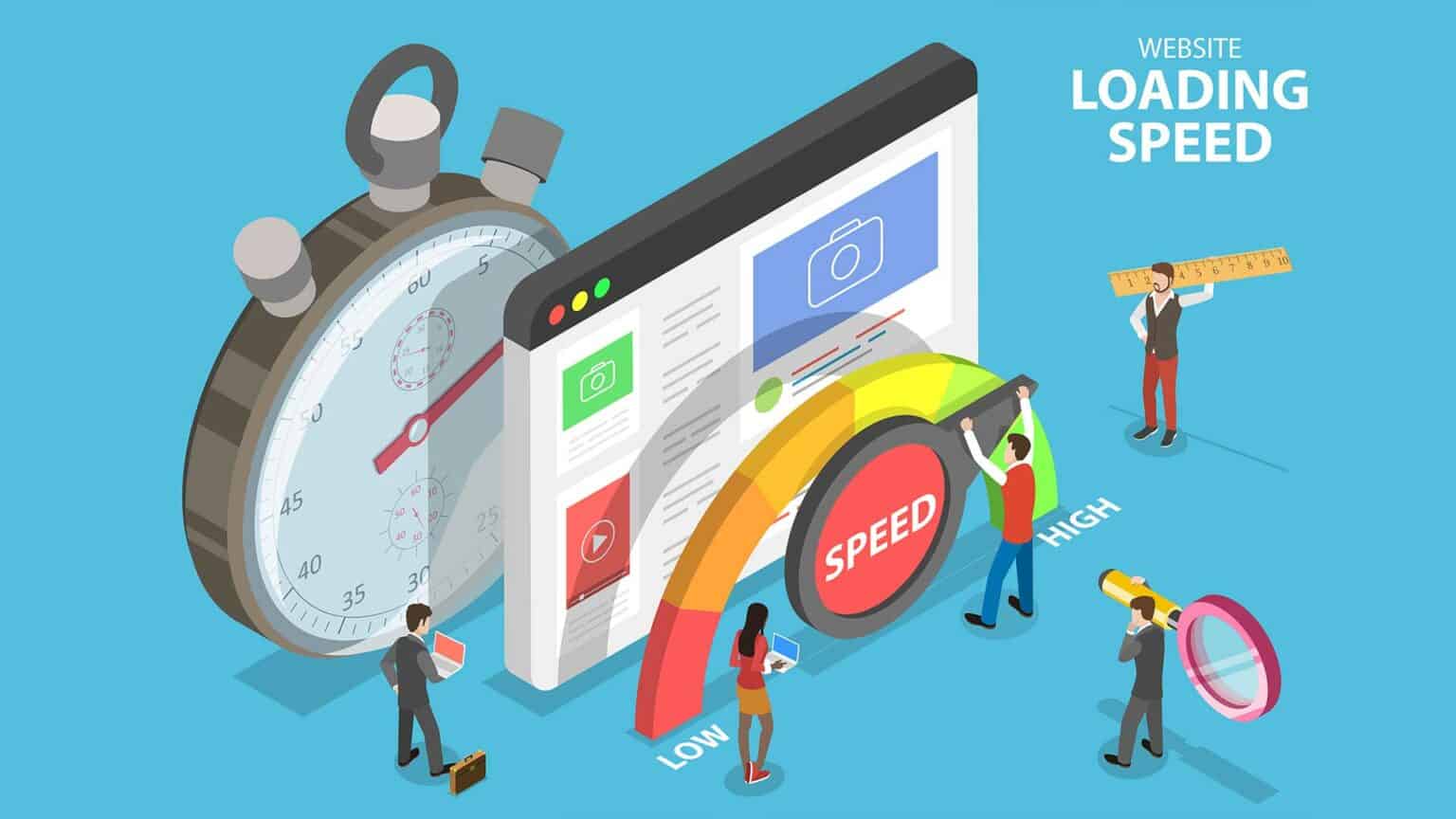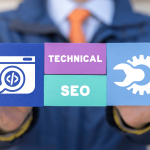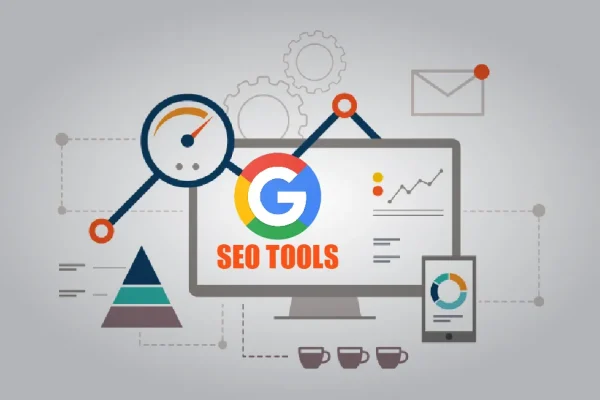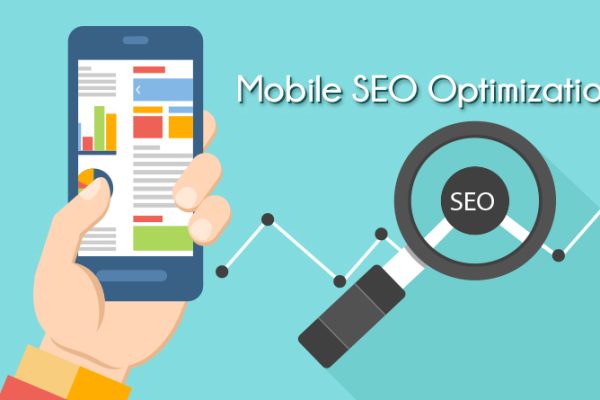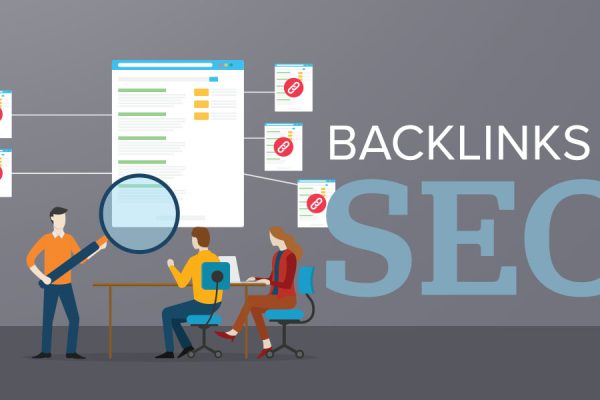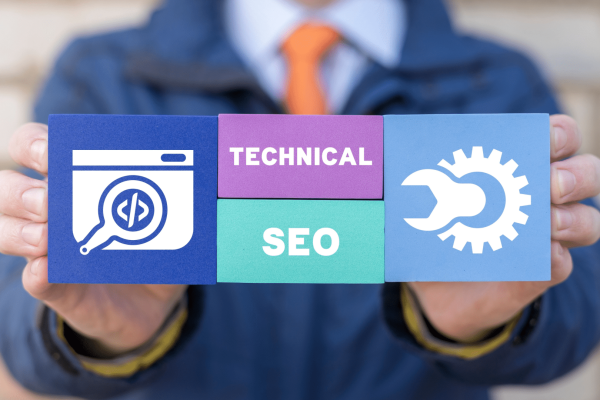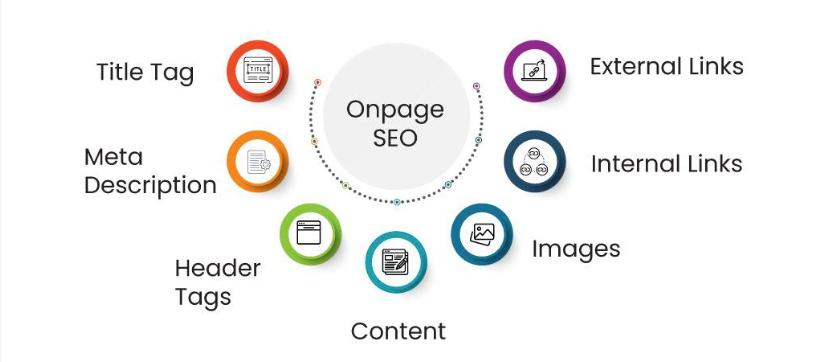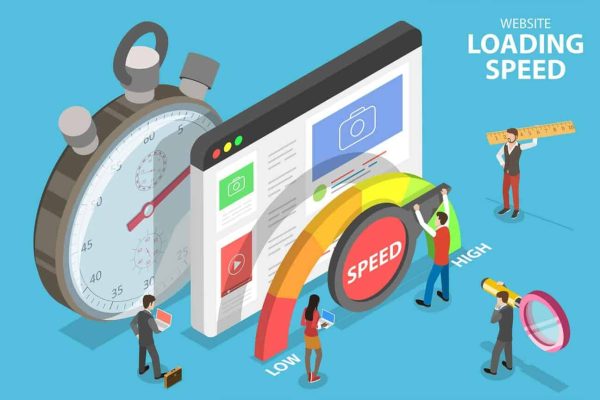Site speed is very important for both users and search engines. A fast website helps people stay longer and improves your ranking on Google. In this article, we will share simple tips to make your website load faster and boost your SEO.
What is Site Speed ?
Site speed refers to the time it takes for a website or a web page to fully load and become usable for visitors. It measures how quickly the content, images, and interactive elements appear on the screen after someone clicks a link or enters a website address. A fast site speed improves user experience by reducing waiting time, which keeps visitors engaged and less likely to leave.
Additionally, site speed is an important factor for search engine optimization (SEO), as search engines like Google favor websites that load quickly, helping them rank higher in search results.
Why is Site Speed Important for SEO ?
Site speed refers to how fast your website loads and becomes usable for visitors. It’s important for SEO because:
- Better User Experience: Fast-loading sites keep visitors happy. If a page takes too long to load, people leave quickly, increasing your bounce rate.
- Higher Search Rankings: Search engines like Google use site speed as a ranking factor. Faster sites are more likely to rank higher in search results.
- More Traffic and Engagement: When your site loads quickly, visitors stay longer, browse more pages, and are more likely to convert.
- Mobile Optimization: Many users browse on mobile devices where slow connections make speed even more critical. A fast site improves mobile user experience and SEO.
- Reduced Server Load: Optimized speed means less strain on your hosting, which keeps your site reliable and fast.
Improving site speed enhances both user satisfaction and search engine rankings. Therefore, optimizing your website’s loading time is essential for better SEO performance and higher traffic.
Site Speed and SEO Work Together
Site speed refers to how fast a website loads and becomes usable for visitors. SEO (Search Engine Optimization) is the process of improving a website to rank higher in search engine results. Site speed and SEO are closely connected because faster websites provide a better experience for users and are favored by search engines like Google.
Why does site speed affect SEO:
- Better User Experience: Fast-loading websites keep visitors happy by delivering content quickly. Slow sites frustrate users, making them leave, which can lead search engines to rank them lower.
- Lower Bounce Rates: If a page loads slowly, visitors often leave right away. High bounce rates show bad user experience and can hurt SEO rankings.
- Crawling Efficiency: Search engines crawl sites to index content. Faster loading lets bots crawl more pages, boosting site visibility.
Site speed and SEO work hand in hand: faster sites improve user satisfaction, reduce bounce rates, and help search engines rank pages higher. Optimizing site speed is essential for better SEO performance and overall website success.
Tools to Improve Site Speed
Improving site speed is essential for better user experience and SEO. Several tools can help identify issues and optimize your site’s performance:
- GTmetrix: Offers detailed reports on site performance and recommendations for optimization.
- Pingdom: Monitors website speed and uptime with easy-to-understand metrics.
- Google PageSpeed Insights – Analyzes your website and gives suggestions to boost speed.
- WebPageTest: Tests your site’s loading speed from different locations and browsers.
- Lighthouse: A Google tool that checks performance, accessibility, and best practices.
- Content Delivery Network (CDN): These servers deliver your website content globally, speeding up loading by using nearby servers.
Using these tools regularly helps identify bottlenecks and optimize your website for faster loading, better performance, and improved user satisfaction.


